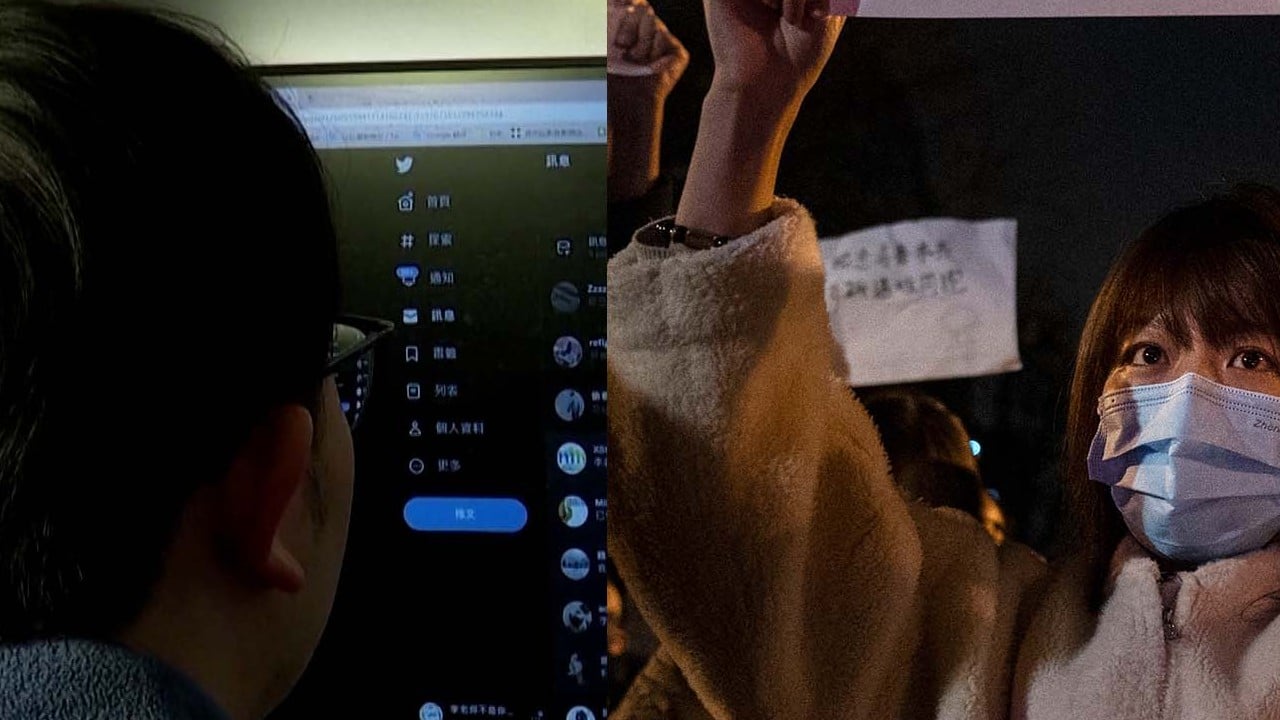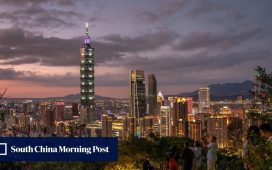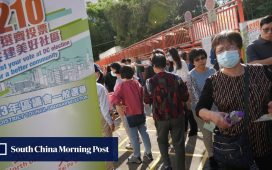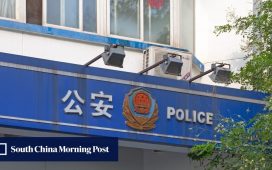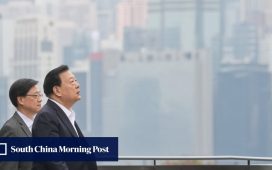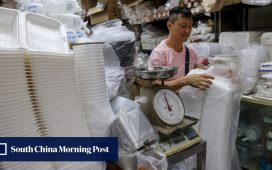“Many experts, academics and internet users have been actively using their professional knowledge and gathering authoritative sources to help with combating the pandemic,” a statement from Weibo said on Thursday.
“It is not acceptable to hurl insults at people who hold a different point of view, or publish personal attacks and views that incite conflicts. Any kind of move that is destructive to the [Weibo] community would be handled in a serious manner,” the notice said.
The move came days after Beijing’s security chiefs warned of zero tolerance against activities that “use the pandemic … to disrupt social order”.
Weibo did not specify the exact transgressions that sparked the punishments, but the platform – which claims to have half a billion active users – is known to be heavily censored.
One of the largest accounts suspended in the latest censorship wave was that of Liu Chun, senior vice-president of Phoenix New Media, a Hong Kong-listed mainland company.
Liu has more than 12 million followers, and some of his recent blog posts related to China’s pandemic policy are still available online.
On December 17, as surging Covid-19 cases in cities prompted a scramble for drugs to ease the symptoms, Liu wrote: “I was just thinking – why would there be a shortage of fever medicine? If it had been arranged earlier, that should not be happening with [the country’s] production and logistics ability?”
His post came days after Beijing announced a significant easing of its strict “zero-Covid” policy of mass testing, quarantine and lockdowns that had been in place since the early days of the pandemic.
National Health Commission guidelines released on December 7 advised mild or asymptomatic cases to isolate at home instead of being sent to quarantine facilities, and dropped all testing requirements for domestic travel.
The move sparked widespread shortages of fever and pain medication, with an anxious population rushing to stock up as cases continued to rise.
Another well-known blogger with the username “Kong Qingdong”, which translates to “Peking University professor”, was among the more popular accounts to be suspended. The verified personal account has more than 4 million followers.
Kong gained notoriety for his provocative nationalist comments over the past decade, including for calling Hong Kong people “dogs” for reportedly discriminating against mainlanders and refusing to identify as Chinese in 2012.
Both Liu and Kong’s accounts were barred from publishing new posts for an unspecified period over “violations of community regulations”, Weibo said.
Beijing announced further easing last week, with borders to be reopened and all inbound quarantine dropped from January 8.
The abrupt U-turns have not only caught most of the country by surprise but also brought along the biggest Covid-19 outbreak ever for China, sparking widespread drug shortages and straining medical and funeral services.
According to an official estimate on December 23, up to 37 million people in China may have been infected with Covid-19 on a single day.
Top security officials of China’s ruling Communist Party hailed the anti-pandemic policies of the past three years as “scientific, effective” and “totally correct”, as they met in Beijing following the policy shift.
They also vowed to “safeguard national security and social stability, and resolutely deal according to the law with behaviours that use the pandemic to infiltrate, sabotage, make rumours to start troubles and disrupt social order”, according to a statement published on December 30.
China saw a series of rare protests against zero-Covid in a handful of cities in late November, coinciding with strong downward economic pressures blamed largely on stringent pandemic restrictions.
The sudden relaxation of the draconian rules and the accompanying spike in infections received strong pushback from China’s internet users, especially after analysts who regularly appeared on state media to explain and justify Beijing’s policies struggled to strike a consistent tone before and after the policy shift.
They included public health experts like Liang Wannian, leader of the NHC’s Covid response expert team.
China “could not tolerate” another wave of mass infections, Liang repeatedly warned in October. However, following the policy relaxation, he said the virus was “much milder now”.



